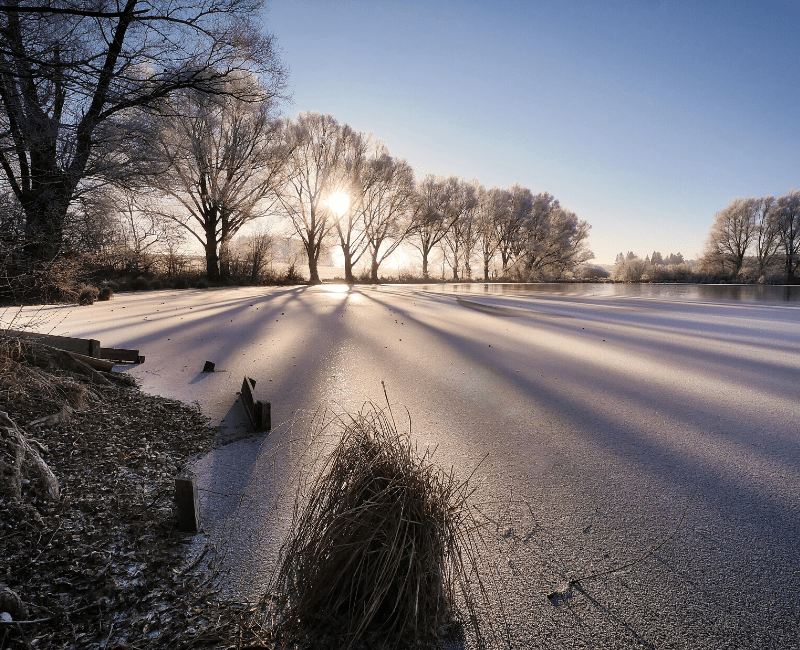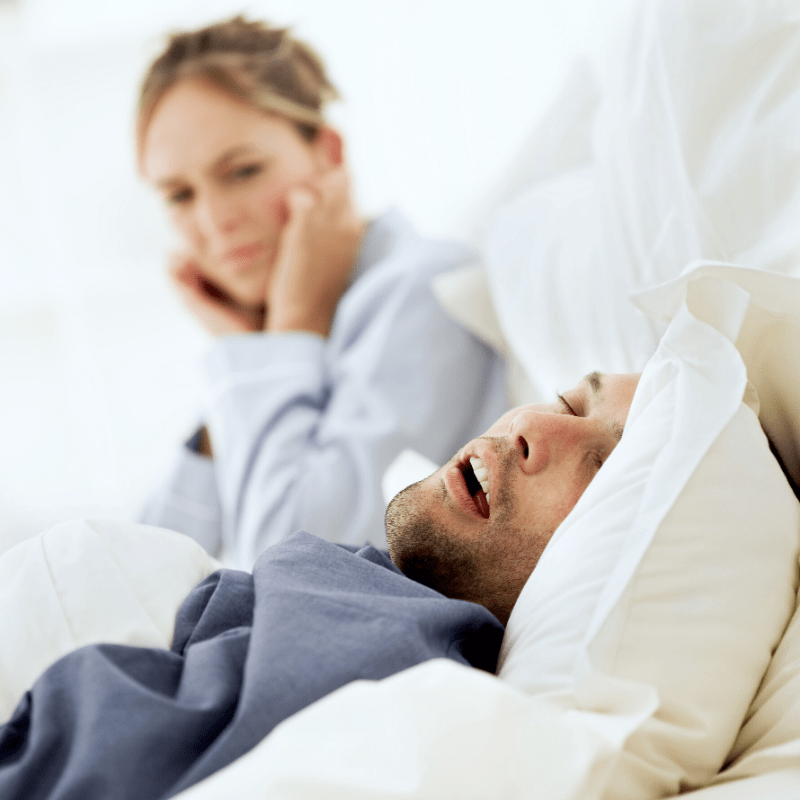
Will my sleep apnea worsen in the winter?

Sleep apnea is a health issue that often goes undiagnosed. Symptoms include snoring loudly and gasping for air often throughout the night. This is especially true during winter months when sleep apnea can worsen.
This article will explain more about sleep apnea, effective treatments, and why cold weather may make your symptoms worse.
What is sleep apnea?
Sleep apnea is a common yet serious sleep disorder that’s characterized by pauses in breathing while you sleep. This can happen repeatedly, and you may not even be aware of it since you probably don’t fully awaken when this occurs.
During sleep, your airway collapses and blocks air from passing through. Some sleep apnea patients may gasp, snore or choke. Some are completely silent. Not all people who have sleep apnea snore. Not all people who snore have sleep apnea.
Anyone can have sleep apnea – even children. If you are male, overweight and/or over the age of 40, you’re at a higher risk. You can also have an increased risk if you have nasal congestion or obstruction caused by issues such as a deviated septum or allergies.
What are the symptoms of sleep apnea?
The most obvious symptoms of sleep apnea are loud snoring, gasping, or choking sounds during sleep and feelings of extreme sleepiness during the day. However, symptoms can may also include the following:
- A sore or dry throat when you wake up
- Morning headaches
- Trouble falling asleep
- Awakening frequently at night
- Restless sleep
- Problems with concentration
- Learning and memory problems
- Moodiness and irritability
- Depression
- Irregular heartbeat
Does sleep apnea get worse in the winter?
An extensive, long-term study conducted in a sleep clinic in Brazil indicates that sleep apnea can get worse during winter months. Researchers looked at sleep study information for more than 7,500 patients over a 10-year period.
Patients in winter months had more nighttime stoppages in breathing when compared to patients who sought treatment in warmer months. Patients stopped breathing 18 times an hour on average in colder months compared to 15 times an hour in warmer months. In addition, 34 percent of patients who sought treatment in cold weather had severe sleep apnea, while only 28 percent of patients in warmer weather did.
The difference could be due to a variety of reasons;
- Winter-related illnesses can affect the upper airway, making sleep apnea symptoms worse.
- Breathing in smoke from burning wood in fireplaces can worsen symptoms.
- During the winter months, the air is much drier which can irritate air passages, thus increasing the frequency of sleep apnea related episodes.
Where can I find treatment for my sleep apnea?
The doctors at Sleep Apnea Dentists of New England have extensive experience in helping patients with sleep disorders such as sleep apnea. Dr Vicki Cohn, DDS, D.ABDSM, is a Diplomate of the American Board of Dental Sleep Medicine, the highest distinction in Dental Sleep Medicine. She is committed to assisting with the underlying causes of sleep apnea and providing effective sleep apnea treatments.
If you have been diagnosed with sleep apnea, schedule an appointment with us today. We’ll work with you to find sleep apnea treatments that will help you sleep better, feel better, and improve your overall health.
